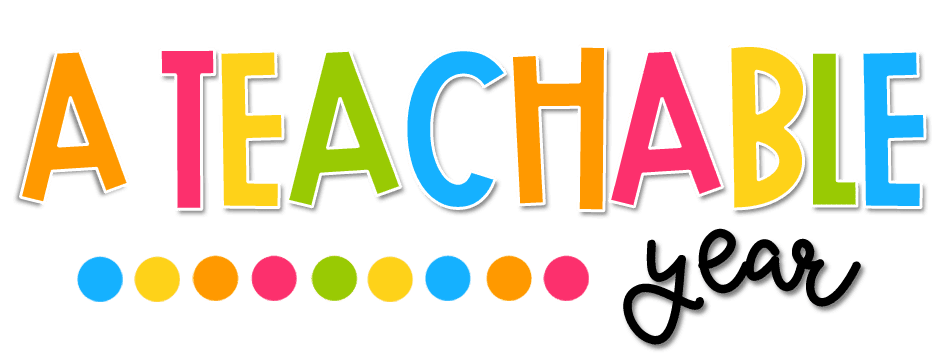Understanding Human Rights
Human Rights encompass the inalienable rights and freedoms that every person is entitled to, regardless of nationality, race, religion, gender, or any other status. They include rights like freedom of speech, education, equality, and the right to live without discrimination.
Human Rights encompass the inalienable rights and freedoms that every person is entitled to, regardless of nationality, race, religion, gender, or any other status. They include rights like freedom of speech, education, equality, and the right to live without discrimination.
Language Skills and Activities
Vocabulary Enrichment:
Introduce Human Rights-related vocabulary such as freedom, equality, justice, discrimination, rights, and specific rights like freedom of expression, right to education, etc. Employ discussions, role-plays, or games to reinforce understanding.
Reading and Comprehension:
Select articles, stories, or excerpts from the Universal Declaration of Human Rights. Conduct reading sessions followed by discussions, comprehension questions, or summarizing activities.
Select articles, stories, or excerpts from the Universal Declaration of Human Rights. Conduct reading sessions followed by discussions, comprehension questions, or summarizing activities.
Writing Tasks:
Encourage students to write essays, letters, or opinion pieces expressing their thoughts on Human Rights issues or the importance of equality and justice. This exercise nurtures language skills and critical thinking.
Cultural Insights
Global Perspectives:
Explore Human Rights issues globally. Students can research and present on Human Rights violations or movements in different countries, fostering an understanding of diverse cultural contexts.
Historical Context:
Discuss the historical evolution of Human Rights, including key events, activists, and milestones in the struggle for rights and equality. Connect past struggles with current issues.
Interactive Activities
Role-Playing Scenarios:
Engage students in role-playing activities depicting scenarios related to Human Rights, such as discrimination in schools or advocating for equal rights. This interactive exercise encourages empathy and communication skills.
Debate or Discussion Forums:
Organize debates or discussion forums where students express their opinions on Human Rights issues. Encourage respectful dialogue and critical thinking.
Reflective Discussions
Ethical Dilemmas:
Initiate discussions on ethical dilemmas related to Human Rights, presenting scenarios that challenge students' perspectives and encourage thoughtful responses.
Personal Reflections:
Encourage students to reflect on their own experiences with Human Rights, whether it's witnessing inequality or participating in activities promoting equality. Facilitate open discussions to share insights.
Teaching about Human Rights in ESL classes offers a profound exploration of values, empathy, and global citizenship. By integrating language exercises, cultural insights, interactive activities, and reflective discussions, educators can create a comprehensive lesson that not only enhances language skills but also fosters a sense of responsibility towards building a fair and just society.
As we discuss Human Rights, let us inspire students to become advocates for equality, empathy, and respect, nurturing a generation that values the rights and dignity of every individual.



No comments
Post a Comment
Thanks for your comment!